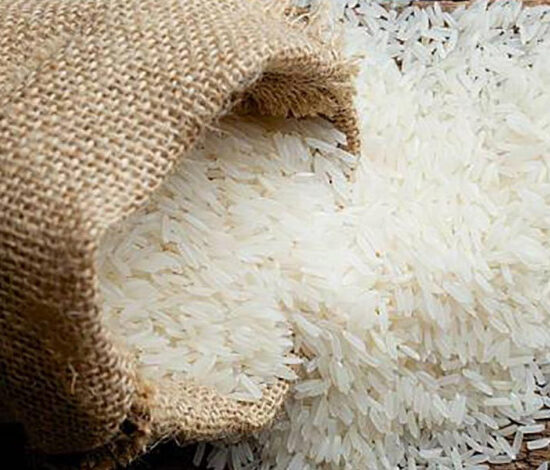
Finance minister Margerate Mwanakatwe has stated that the new sales tax regime will encourage local production of goods and services. She said that the differentiated sales tax have been adopted at 16% on imported finished products and 9% on locally manufactured products in order to support the local industry.
And the Zambia National Farmers Union – ZNFU has called on government through the ministry of finance and its agency the Zambia Revenue Authority – ZRA to consider challenges the agriculture sector is facing before the goods and services tax – GST (also referred to as simply sales tax) comes into effect.
ZNFU president Jervis Zimba said the agriculture sector performance has generally gone down with 30 % of the commercial farming sector credit facilities cited as non-performing by the regulators of the banking sector, the bank of Zambia – BOZ.
Speaking during a sales tax consultative meeting with Minister of Finance Margret Mwanakatwe in Lusaka on June 7, 2019, Zimba said that there is need for the government to approach GST implementation with great caution to avoid introducing new costs on a sector that is already struggling.
And Minister of Finance Margret Mwanakatwe said the decision by government to abolish the Value Added Tax – VAT and replace it with Sales Tax is necessary to stop the refunds debt escalation, create fiscal space, pay the outstanding VAT refunds and increase revenue collection to support government’s socio-economic development.
“The agriculture sector can rest be assured that all the exemptions that you received under VAT will be carried over to the sales tax regime and reconciliations will be undertaken to close off VAT and a plan will be put in place of how to liquidate the verified refunds,” she said.
Speaking at the same event Zambia Revenue Authority – ZRA Commissioner for Domestic Taxes Moses Shuko said the performance of VAT has not grown as expected as there is little value addition in the Zambian economy adding that the large part of Zambia’s economy is informal hence it can only work better in economies with a large formal sector.
Shuko also stated that sales tax is easier to administer as it does not require complicated techniques for record keeping and accounting for the businesses. He added that sales tax does not lead to tax refunds and resources for businesses do not get locked up in refunds as government does not collect money which does not belong to it.







